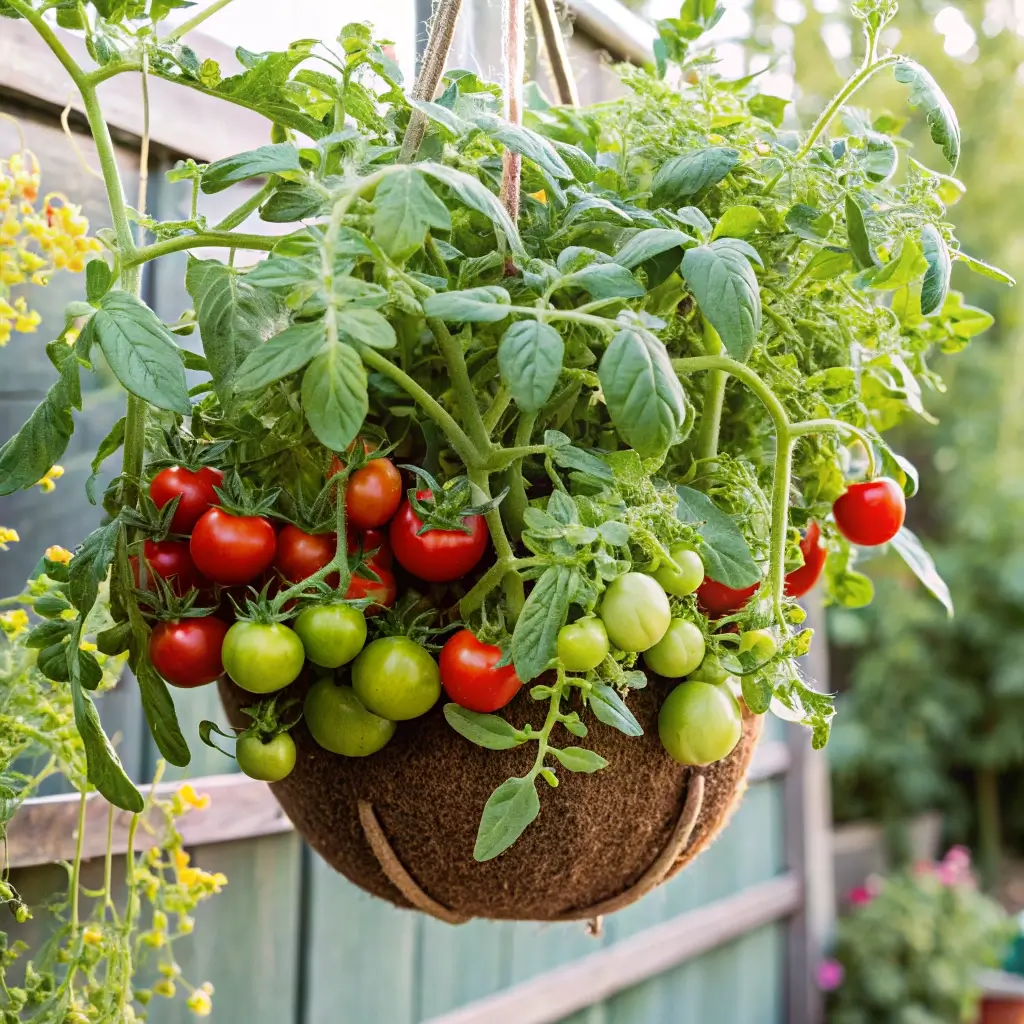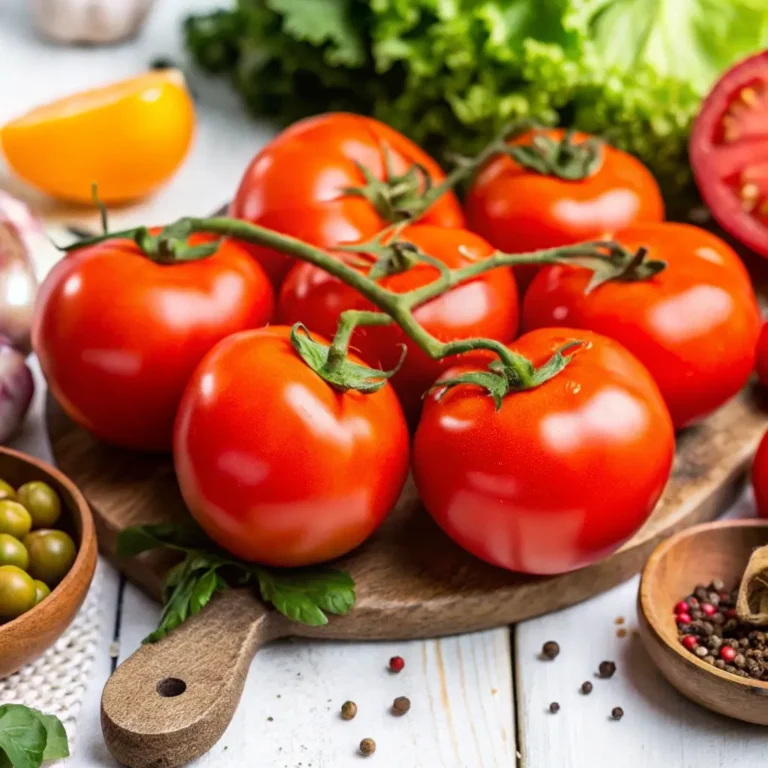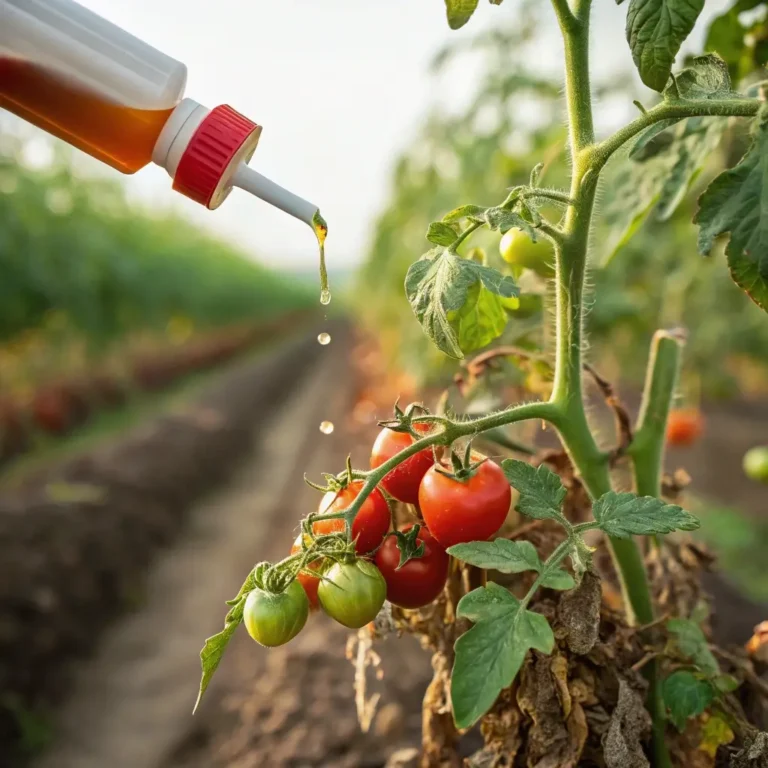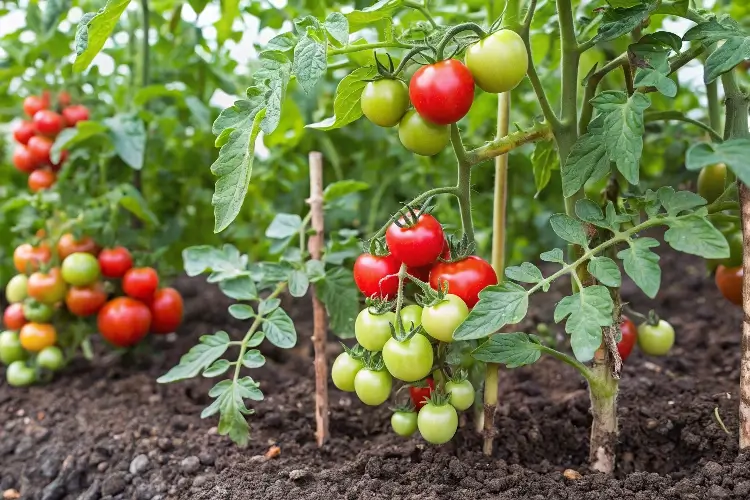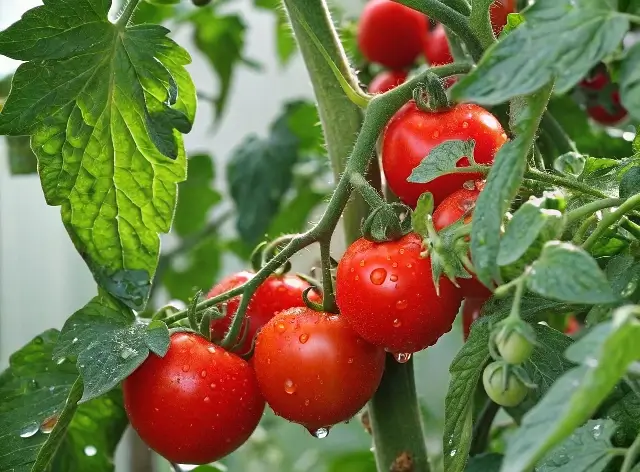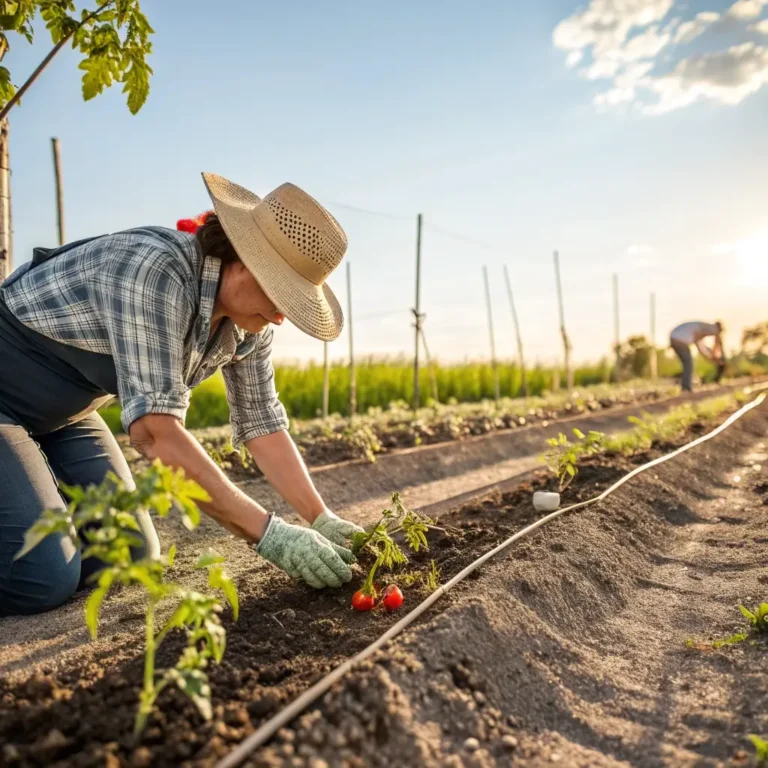The 5 Best Upside Down Tomato Planters For Home Gardeners!
Table of Contents
Introduction
Did you know that 68% of urban gardeners struggle with limited space but still want to grow fresh produce? Upside down tomato planters revolutionize how we approach home gardening, offering a solution that defies conventional growing methods while maximizing yield in minimal space. Whether you’re dealing with a small balcony, pest problems, or simply want to try something new, The 5 Best Upside Down Tomato Planters For Home Gardeners can transform your growing experience. These innovative planters suspend your tomato plants, allowing gravity to work its magic while providing better air circulation, reduced pest issues, and easier maintenance—perfect for both novice and experienced gardeners alike.
What Are Upside Down Tomato Planters?
Upside down tomato planters are innovative containers designed to grow tomato plants suspended in the air with the plant growing downward. Unlike traditional pots, these planters hold the plant upside down through a hole in the bottom, allowing the stem and foliage to grow downward while the roots develop in the soil-filled container above. This reverse growing method offers several advantages:
- Eliminates the need for staking or caging
- Improves air circulation around plants
- Reduces soil-borne diseases and pests
- Maximizes space by utilizing vertical growing areas
- Increases exposure to sunlight
The 5 Best Upside Down Tomato Planters
1. TOPSY TURVY Original Upside Down Planter
Price Range: $15-20
The original game-changer in upside down planters remains one of the best options available. The TOPSY TURVY features a soft-sided design that expands as your plants grow, accommodating roots beautifully.
Pros:
- Proven design with years of market success
- Affordable entry point for beginners
- Includes a built-in watering system
- Holds up to 25 pounds of soil
Cons:
- Fabric material may deteriorate after 1-2 seasons
- Requires frequent watering in hot weather
2. Gardener’s Revolution Upside Down Tomato Planter
Price Range: $35-45
This premium option from Gardener’s Supply Company features a self-watering reservoir and breathable fabric sides for optimal root health.
Pros:
- Self-watering system reduces maintenance
- Superior water retention with 40% less watering needed
- Double-walled construction maintains even soil temperature
- Includes a sturdy hanging system rated for 30+ pounds
Cons:
- Higher price point
- Heavier when filled compared to other models
3. HangTime Vertical Garden Planter
Price Range: $25-30
Perfect for those who want to grow multiple plants, this system allows for growing three tomato plants simultaneously in one unit.
Pros:
- Multi-planting capacity saves space
- Food-grade plastic construction ensures durability
- Integrated drainage system prevents overwatering
- Comes with reinforced hanging hardware
Cons:
- Plants may compete for resources
- Requires more substantial hanging support
4. Galvanized Steel Upside Down Planter
Price Range: $40-50
For gardeners seeking durability and aesthetic appeal, this metal option offers longevity while complementing outdoor decor.
Pros:
- Weather-resistant construction lasts multiple seasons
- Maintains soil temperature better than fabric models
- Attractive design element for patios or balconies
- Includes a water-level indicator
Cons:
- Heavier than fabric or plastic options
- May heat up in direct sunlight
5. DIY 5-Gallon Bucket Planter
Price Range: $5-10
The budget-friendly option that many gardeners swear by uses repurposed 5-gallon buckets with simple modifications.
Pros:
- Most economical option
- Highly customizable
- Surprisingly effective results
- Easy to make with basic tools
Cons:
- Lacks aesthetic appeal without modification
- No built-in watering systems unless added
How to Choose the Right Upside Down Tomato Planter
Consider these factors when selecting your upside down planter:
Weight capacity: Ensure your hanging area can support a planter that will weigh 20-30 pounds when filled with soil and a growing plant.
Tomato variety compatibility: Determinate (bush) varieties typically perform better than indeterminate (vining) types, though both can be grown.
Climate considerations: In hot areas, fabric planters may dry out quickly; in rainy regions, drainage becomes crucial.
Watering system: Self-watering features significantly reduce maintenance requirements.
Durability: Consider whether you need a one-season solution or a long-term investment.
Tips for Success with Upside Down Tomato Planters
Choose appropriate varieties: Cherry tomatoes and other smaller-fruited varieties often perform best in upside down systems.
Use quality potting mix: Standard garden soil is too heavy; use a lightweight, moisture-retentive potting mix specifically formulated for containers.
Start with established seedlings: Plants with developed root systems adapt better to the inverted growing position.
Consider sun exposure: Position planters where they’ll receive at least 6-8 hours of sunlight daily.
Monitor water needs carefully: Upside down planters typically require more frequent watering than traditional pots.
Common Mistakes to Avoid
Underestimating weight: Many gardeners fail to use sufficiently strong hanging hardware.
Overcrowding: Resist the temptation to plant multiple tomatoes in a single planter (unless designed for it).
Inadequate feeding: Tomatoes are heavy feeders; use slow-release fertilizer and supplement with liquid feeds.
Poor positioning: Placing planters in areas with insufficient light or excessive wind can stunt growth.
Starting too large: Begin with smaller seedlings to reduce transplant shock.
Conclusion
Upside down tomato planters offer an innovative, space-saving solution for home gardeners looking to maximize their growing potential. Whether you choose the original TOPSY TURVY, invest in a premium self-watering model, or craft your own DIY version, these systems can deliver impressive yields while reducing many common gardening challenges. By selecting the right planter for your specific needs and following best practices for upside down growing, you’ll be enjoying home-grown tomatoes with less fuss and more fun. Get started today with one of these five excellent options and elevate your garden—literally!
FAQs
Can I grow other vegetables in upside down planters?
Yes! While tomatoes are most common, you can also successfully grow cucumbers, peppers, eggplants, and even some herbs in upside down planters.
How often should I water my upside down tomato planter?
Most upside down planters require watering every 1-2 days during hot weather. Self-watering models may extend this to 3-4 days. Always check soil moisture before watering.
Do I need special tomato varieties for upside down growing?
While any tomato can technically grow upside down, compact determinate varieties and cherry tomatoes typically perform best due to their size and growth habits.
Can upside down planters be used indoors?
They can, but require substantial light (natural or supplemental grow lights) and a sturdy mounting solution that can handle water drainage.
How do I prevent soil from washing out of the planter opening?
Line the bottom opening with a piece of landscape fabric or coconut coir before inserting your plant to hold soil in while allowing the plant to grow through.

